Do tiredness and overeating go together like peanut butter and jelly? If you don’t get enough sleep, are you hungry like the wolf the next day? This is an association that many people have been noticing, and with good reason. When you don’t sleep enough, it can cause hormone shifts that increase cravings and change how you eat.
And, eating unbalanced meals can also lead to tiredness and afternoon slumps. Oh boy – these two uncomfortable feelings can go hand in hand, with one making the other worse.
The good news? Intuitive Eating can help you to eat in a way that feels good, without the fatigue, and provide better self-care. With the right tools and routines, tired eating and afternoon slumps-after-lunch don’t happen as often!
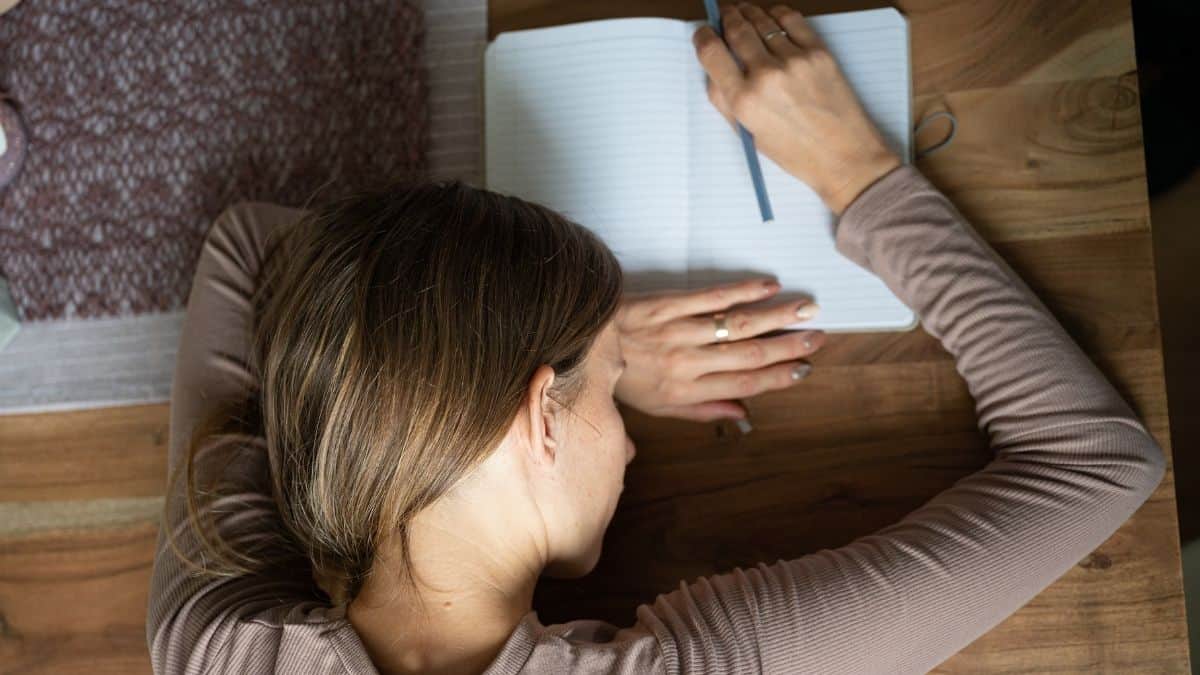
If you’re new to Intuitive Eating, be sure to check out this post: What Is Intuitive Eating? A Beginners Guide.
First of all: why do we tend to crave sugary foods when we haven’t gotten a good night’s sleep?
Why do I overeat when tired?
Sleep is not actually something we need to “earn” or gloat about skipping. Having a good 7-9 hours of high-quality, restful sleep is foundational to having a productive day that feels good.
When you don’t get a good night’s sleep, either not enough or of poor quality, tossing and turning restless sleep, you don’t wake up feeling fresh like a peach.
You might be a grumpalump…and you might be craving sweets and other foods that you might not usually choose to eat.
Why is that?
A couple of reasons, actually. The first is that eating those foods feels good. Feeling tired, groggy, and cranky doesn’t feel good, so the tasty snacks and treats help you to feel better. Do they solve you being tired? Nope. But they offer some comfort.
Nothing wrong with that, actually: we’re allowed to use food for comfort as Intuitive Eaters.
There are many things that we can do, in addition to eating tasty food (it’s important that this isn’t our only coping mechanism), to offer ourselves emotional self-care. Lots of ideas are collected for you, right here: Emotional Self Care.
What is problematic is if this becomes the routine: you aren’t offering your body the rest she needs, you continue to feel icky during the day and so you’re in “offering your body band-aids mode”, vs. being able to have routines that support your mental and physical health.
Health is what we do most of the time.
The other reason that being tired can cause food cravings has to do with changes in hormones. When you’re sleep-deprived, your hunger and fullness hormones shift; you have an increase in ghrelin (the hunger hormone) and less leptin (the hormone that slows down your eating and signals fullness and satisfaction).
Research has also shown that when you’re sleep-deprived, you crave higher-calorie foods. This relationship is proportional: the more sleep-deprived you are, the greater your cravings are for high-calorie foods.
Interestingly, this same study found that self-reported hunger levels weren’t actually different between the folks who were better rested and those who were sleep-deprived.
And here’s more interesting news: it isn’t just sleep that impacts your eating patterns: what you eat, and when, can influence your feelings of fatigue, too!
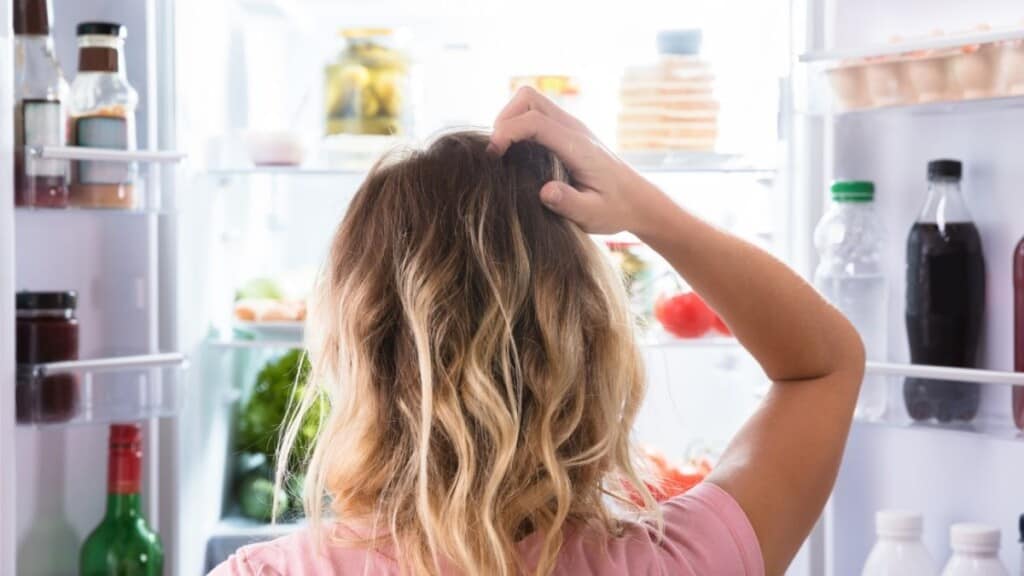
Can you get tired from eating too much?
I think many of us are ready for a nap after a large feast, such as Thanksgiving dinner. And while we like to attribute that to the tryptophan in turkey before we doze off on the couch, it probably has more to do with the volume of food and desserts you just enjoyed.
Some specific foods and eating patterns might actually make you more sleepy though – let’s look at those.
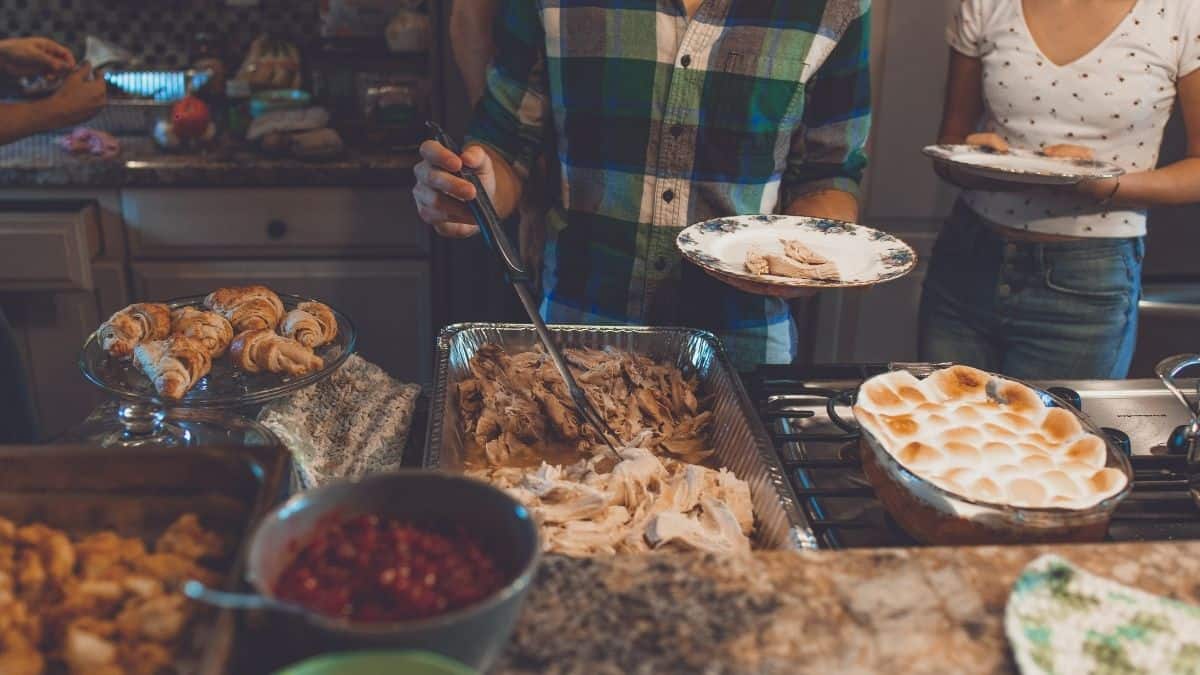
What foods cause fatigue?
If we’re thinking about an afternoon slump, certain foods might be contributing.
In general, we feel best when we have meals that contain all three macronutrients: protein, fats, and carbs. That gives our body a mix of quick-acting fuel and longer-acting fuel, so we feel steady and powered until the next time we eat.
But, if we have a meal or snack that is richer in sugar, like a big delicious cupcake, it might cause our blood sugar to spike and then drop sooner; kind of like burning leaves in a campfire instead of a mixture of twigs, bigger sticks, and a few logs.
Does that mean that a cupcake is off-limits? Of course not: but with intuitive eating, you have the opportunity to learn how you really feel after different kinds of meals and snacks so that you can make informed decisions about what serves you best on a day-to-day basis.
Some days, you’re gonna enjoy the cupcake – go you! Some days you’ll pair that a vanilla cupcake (higher carbs & sugar food) with a smear of nutrient-dense peanut butter (fat and protein) to prevent the potential slump afterward.
So the next question is: what if you want the food to make you sleepy? There are a few options to discuss, actually!
What foods can help promote a good night’s sleep?
There are actually a few foods that can help you have better quality sleep.
One of them is tart cherries, often consumed as tart cherry juice. A few ounces of tart cherry juice contain naturally-occurring melatonin; this can help you to sleep!
PS. Tart cherry juice is great to have on hand to ease post-workout muscle soreness. Checkout this podcast episode for more intuitive eating sports nutrition tips: How To Intuitively Fuel A Workout.
Pistachios also do contain some melatonin, although the studies vary in how much is found.
And what to skip? Caffeine in the afternoon or evening might keep you up, as well as black and green tea. And if you’re particularly sensitive to caffeine, other caffeine-containing foods, such as chocolate might keep you awake.
Alcohol is another drink that will interfere with your good quality of sleep. Just because you might take a wee nap on the couch after a drink or two, you’re not actually set up for good quality sleep once you make it to bed.
A better sleep-inducing option might be a warm mug of Sleepytime® tea or a spritzer with tart cherry juice if you’re trying to mimic a cocktail.
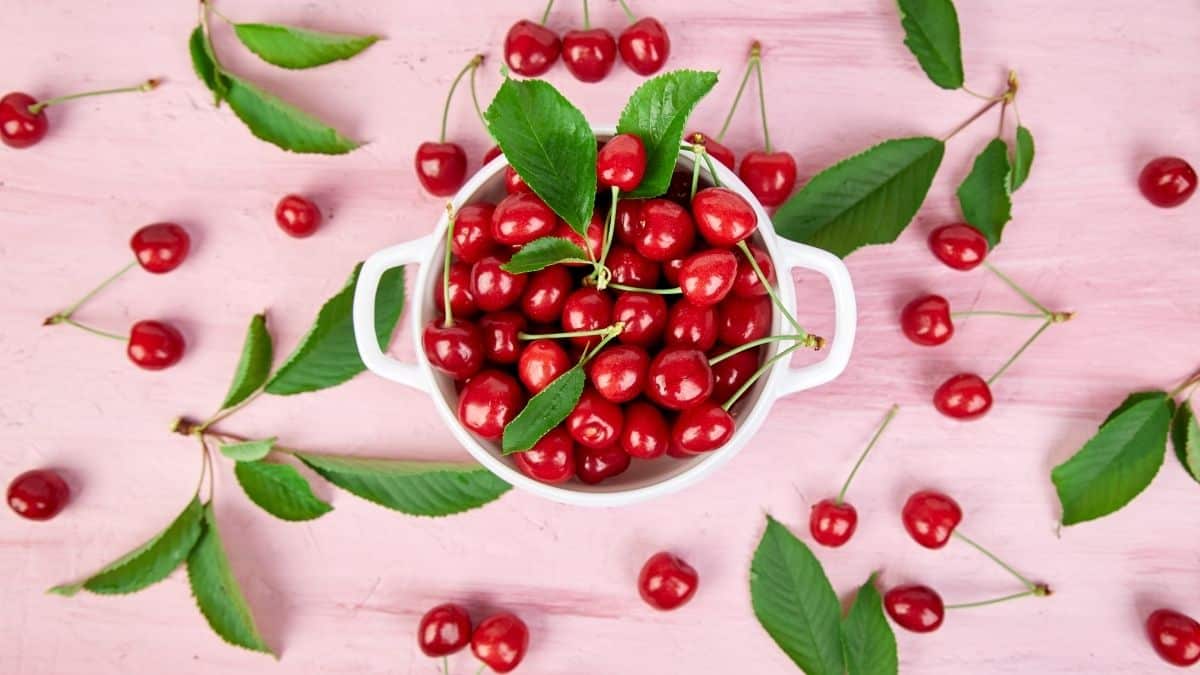
What to do about tiredness and overeating?
So, you’ve been learning about tiredness and overeating…how being tired can cause you to crave different foods the next day, and how your food choices can influence how you feel on a day-to-day basis and even how well you sleep the next night.
What to do about it? The first step is just to be aware of it.
Note – this does not mean judging yourself for what you find. You’re simply collecting information here and being your own Sherlock.
As you notice your own patterns and make some adjustments, you may discover that you do, in fact, feel better with a bit more sleep on a usual night.
You may find that a different snack and hydration routine fuels your afternoon better.
And you may find that sometimes, tart cherry juice serves you better than a glass of wine. All good, peeps!
There is absolutely nothing wrong with using food for comfort. You always have permission to eat. But I’ll also say that you deserve to have a life that feels balanced and productive and happy, too. Intuitive eating isn’t just going off of your first gut reaction. It includes using your brain too as to what will make your body feel good and what won’t!
Key takeaways: tiredness and overeating
Becoming an Intuitive Eater is a journey of self-care. Intuitive Eating is not a diet, and honestly, it is more than just an “anti-diet”, too. There is a lot more to it.
My own journey has been difficult and wonderful and created a far better life than I was ever living before. That is why I work as an Intuitive Eating dietitian and help other women to find their own Food Freedom. This is not the traditional, diet-based work of a dietitian. So if you’d like you learn more, read here: What is an Intuitive Eating Dietitian, Exactly?
As you build trust and a constructive relationship with yourself, your body image, and your eating, you’re opening the door to the transformation of your life. From poor body image and a troubled relationship with food to one of food freedom, joy and protected emotional boundaries.
Bottom line: you need to have a good night’s sleep most of the time to feel good during the day, most of the time. But that isn’t a hard rule to shame yourself about nor is it something that you have to abide by every single night.
Health is what we do, most of the time.
XOXO-
Colleen
OTHER POSTS YOU MIGHT LIKE
XOXO
-Colleen
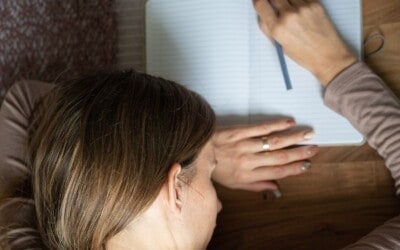
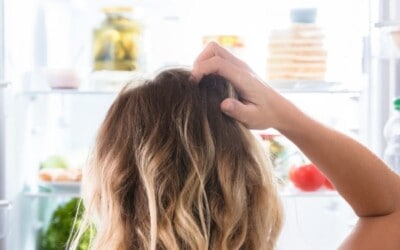
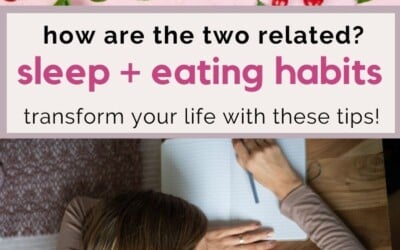
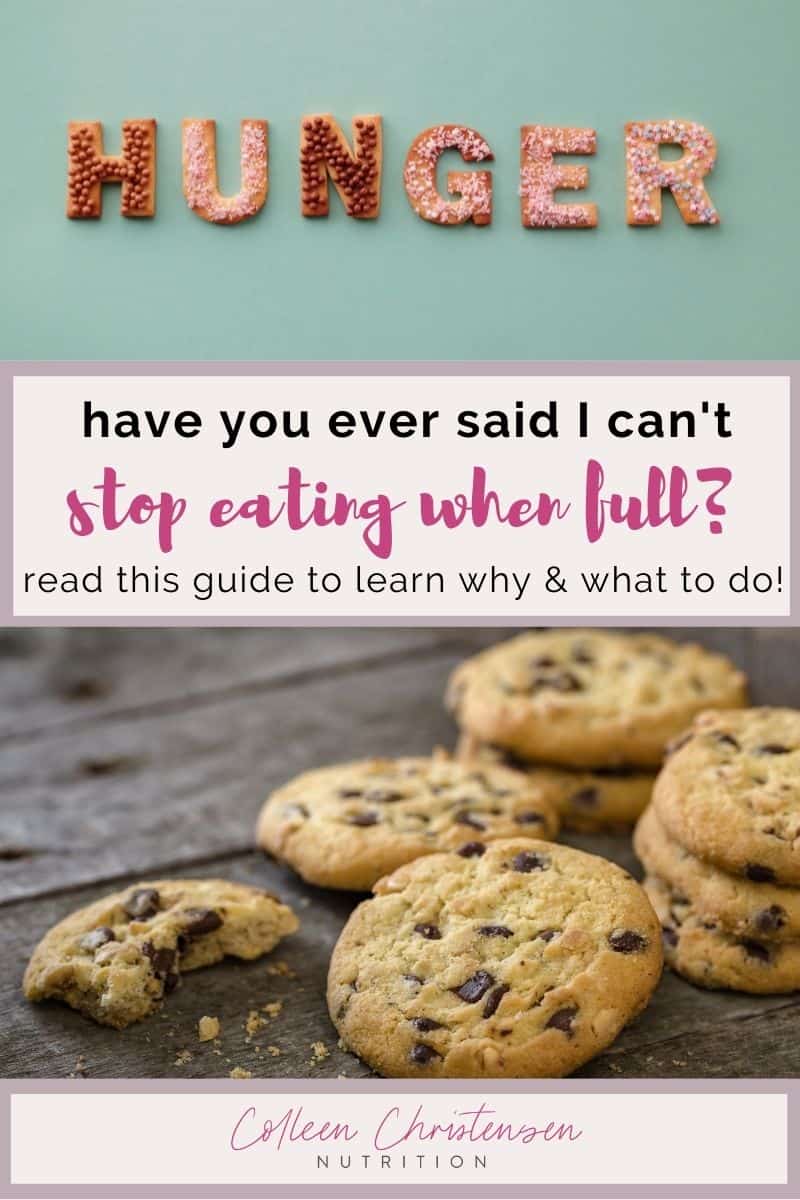
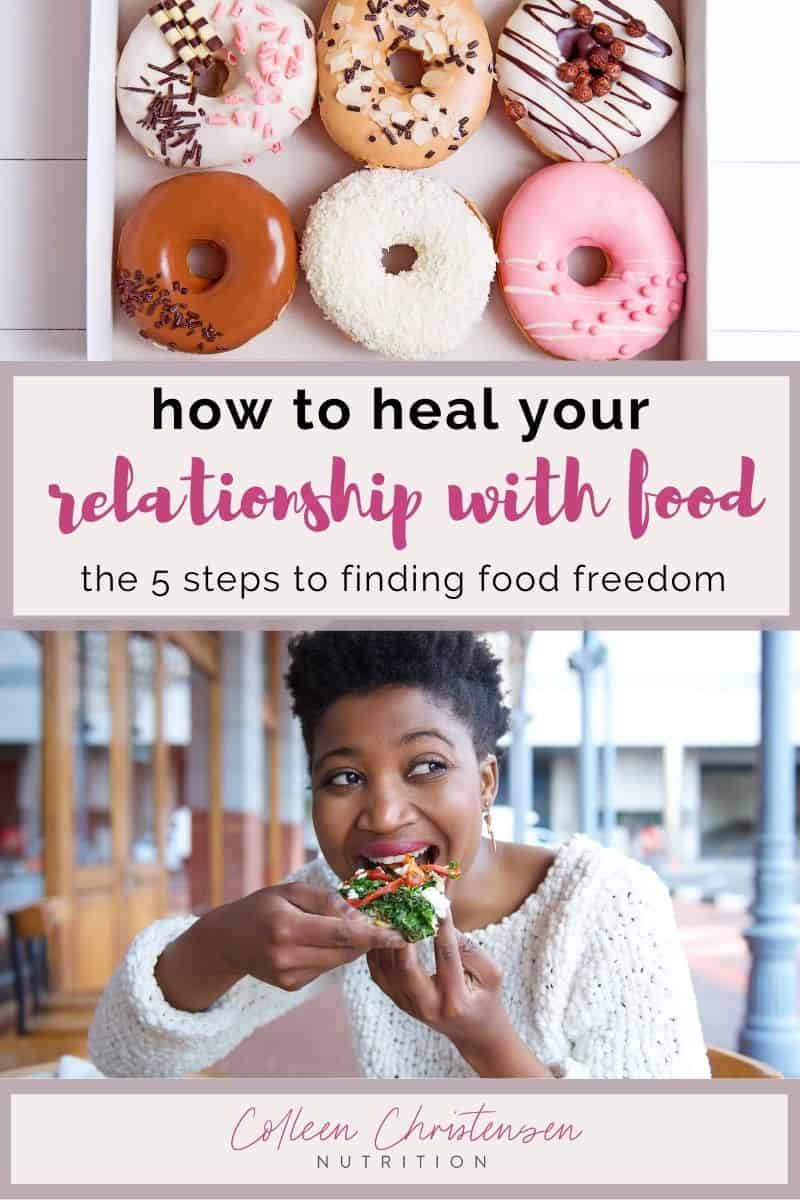
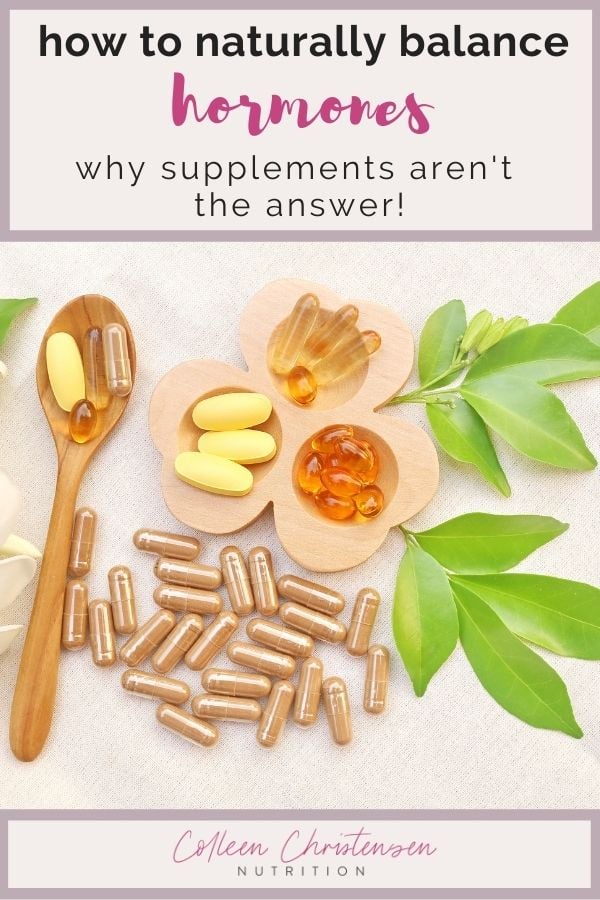
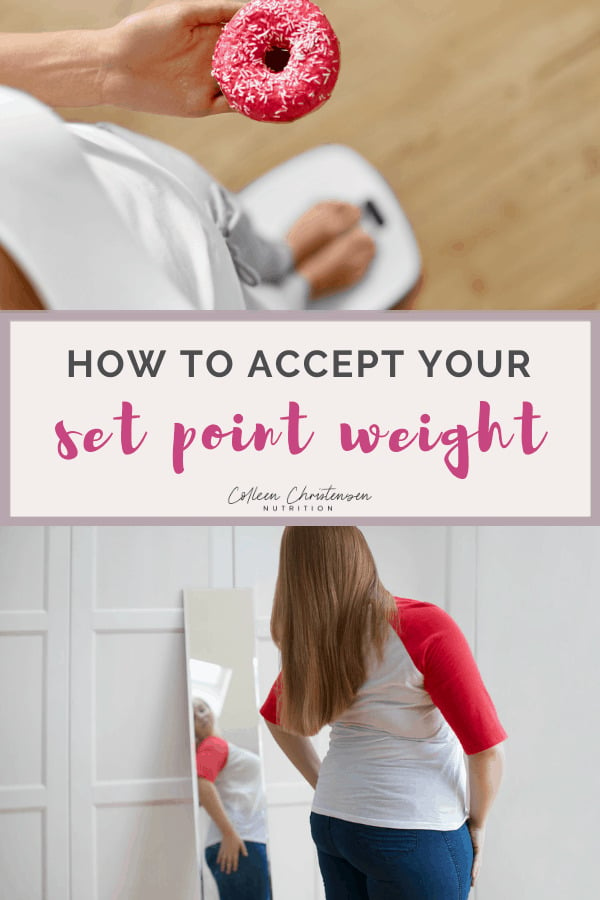
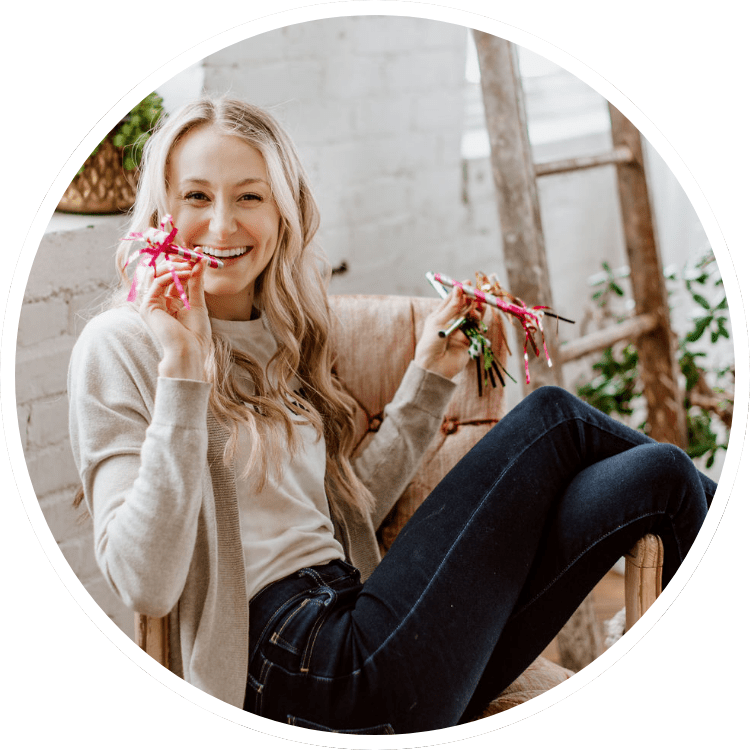
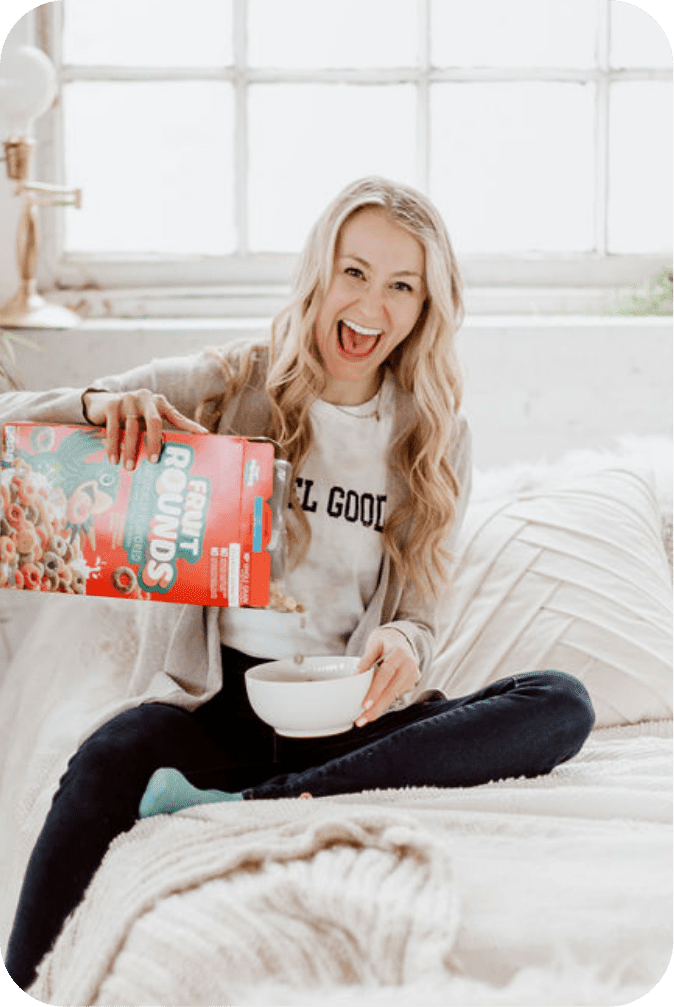
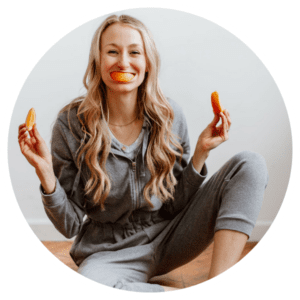
Leave a Reply